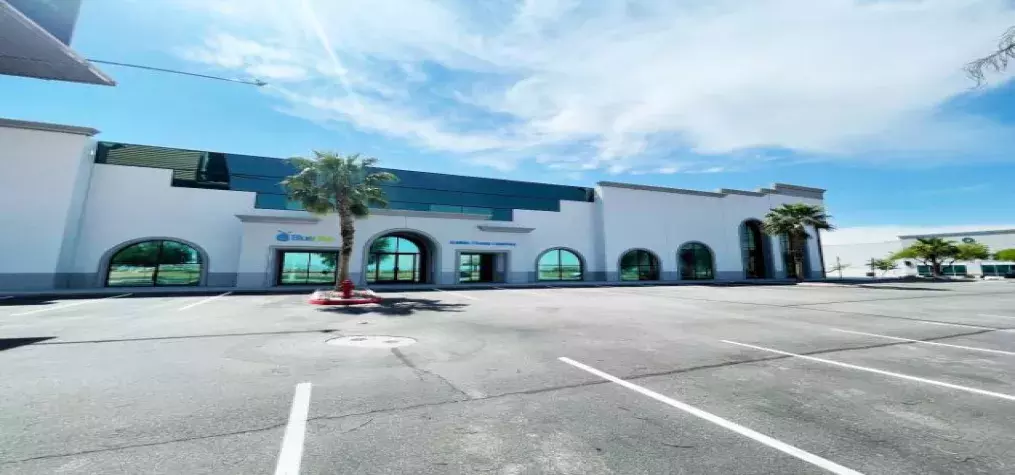Richard Erschik

Richard Erschik is a successful exhibitor, service business founder and CEO. He has been a featured speaker, presenter and roundtable moderator at the EXHIBITOR show in Las Vegas for 18 years.

Face-to-face trade shows were fatally interrupted by the COVID-19 pandemic. Many companies were forced to let go of their exhibit managers, and as a result, they are now filling that function with less experienced personnel. This has highlighted the need for exhibitor education and training of inexperienced personnel in a way that ultimately generates better quality leads that make their follow-up easier for the sales force.
Trade shows are generally a significant cost line item on a company’s marketing budget, and it is no longer cost-effective to simply show up and show off to exhibit. Most trade show-related services costs have also skyrocketed since the COVID-19 pandemic, and exhibiting cost-effectively has become a necessary strategy, not simply a repeated tactic.
Some trade show organizers are making exhibitor education and training part of their services package to exhibitors as a strategy for relationship building and retention. Progressive exhibiting companies are investing in exhibitor education and training for their entire marketing and sales teams, who are realizing that it’s no longer cost-effective or efficient to simply show up and show off at the show.
Trade show booths are generally staffed with the company’s sales force, who have more things to do after the show than chasing after a bunch of nonproductive leads or names of people who just stopped by to pick up a pen.
Exhibitor education and training are critical in the following three phases of exhibiting:
1. Pre-show: Exhibitors need to know how to promote their company’s attendance in the show and not simply expect the show organizer to fill the aisles with customers. This requires knowledge of how to effectively use social media, email marketing and other promotional channels to attract potential visitors.
2. During the show: Exhibitors need to know how to engage booth visitors and qualify their purchase potential. It’s no longer enough to stand around and wait for buyers to come to you. Booth staff must learn how to actively engage booth visitors and ask qualifying questions that identify and move potential buyers forward in the sales process.
3. Post-show: Exhibitors need to know an alternative sales lead response process that assures 100% lead follow-up and ROI. It is no longer enough to hand the leads over to the sales force and hope for the best. The marketing department can and should effectively respond to and follow up on leads to ensure maximum ROI.
In addition to the three phases of exhibiting, exhibitor education and training should also take into consideration the relationships established with key trade show organizers and general contractors. These relationships may have been lost when seasoned exhibit managers were let go. Therefore, knowing who to talk to and what to say has become critical in saving money on the trade show floor.
In conclusion, exhibitor education and training have become increasingly important in the emerging trade show landscape. As businesses continue to navigate challenges, it is critical that they invest in the training and education of their exhibiting personnel. By doing so, they can increase their chances of success, lower their costs and build stronger relationships with trade show service partners.
Don’t miss any exhibitor-related news: Sign up for ENN’s weekly e-newsletter HERE, listen to our latest podcast HERE and engage with us on Twitter, Facebook and LinkedIn!
